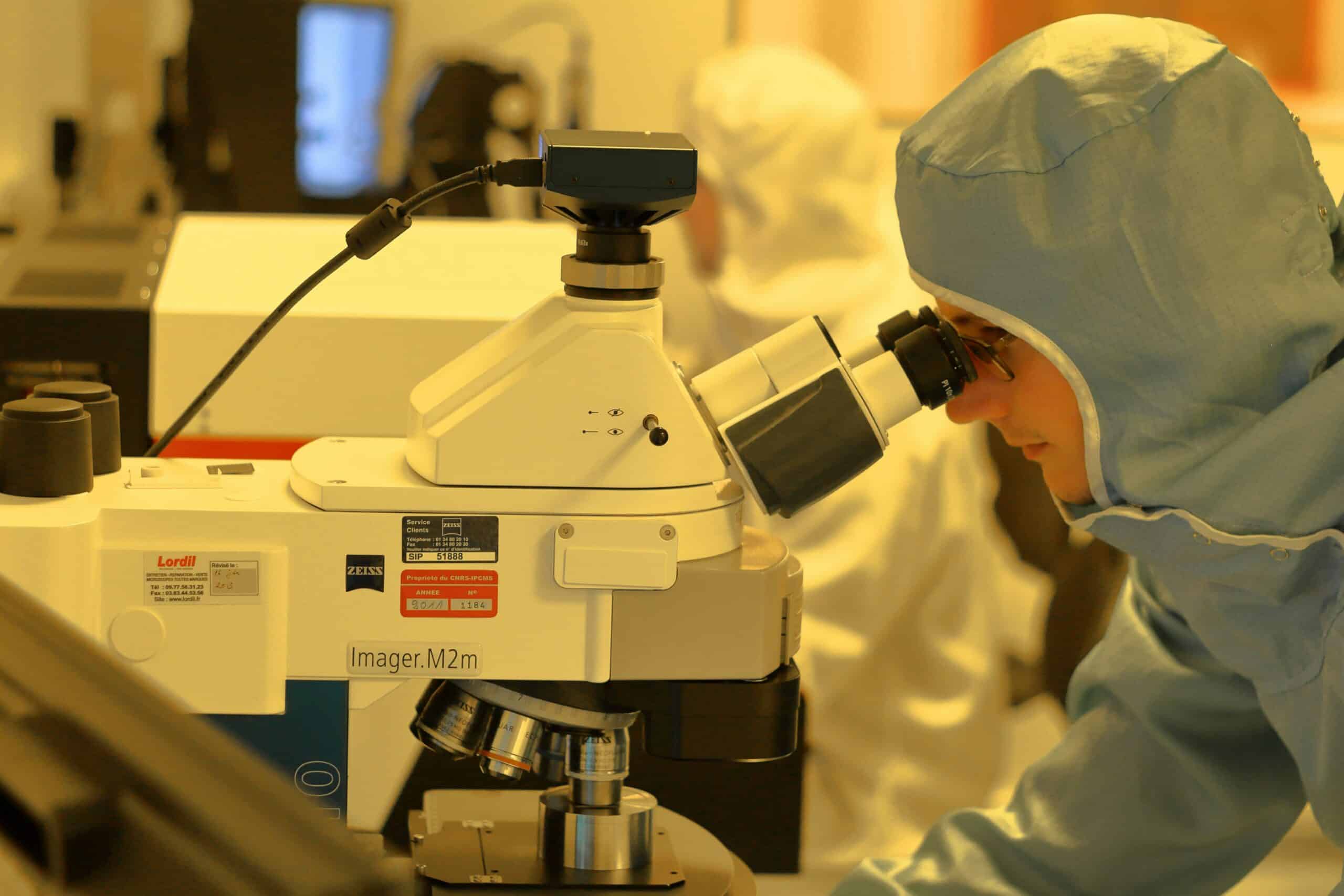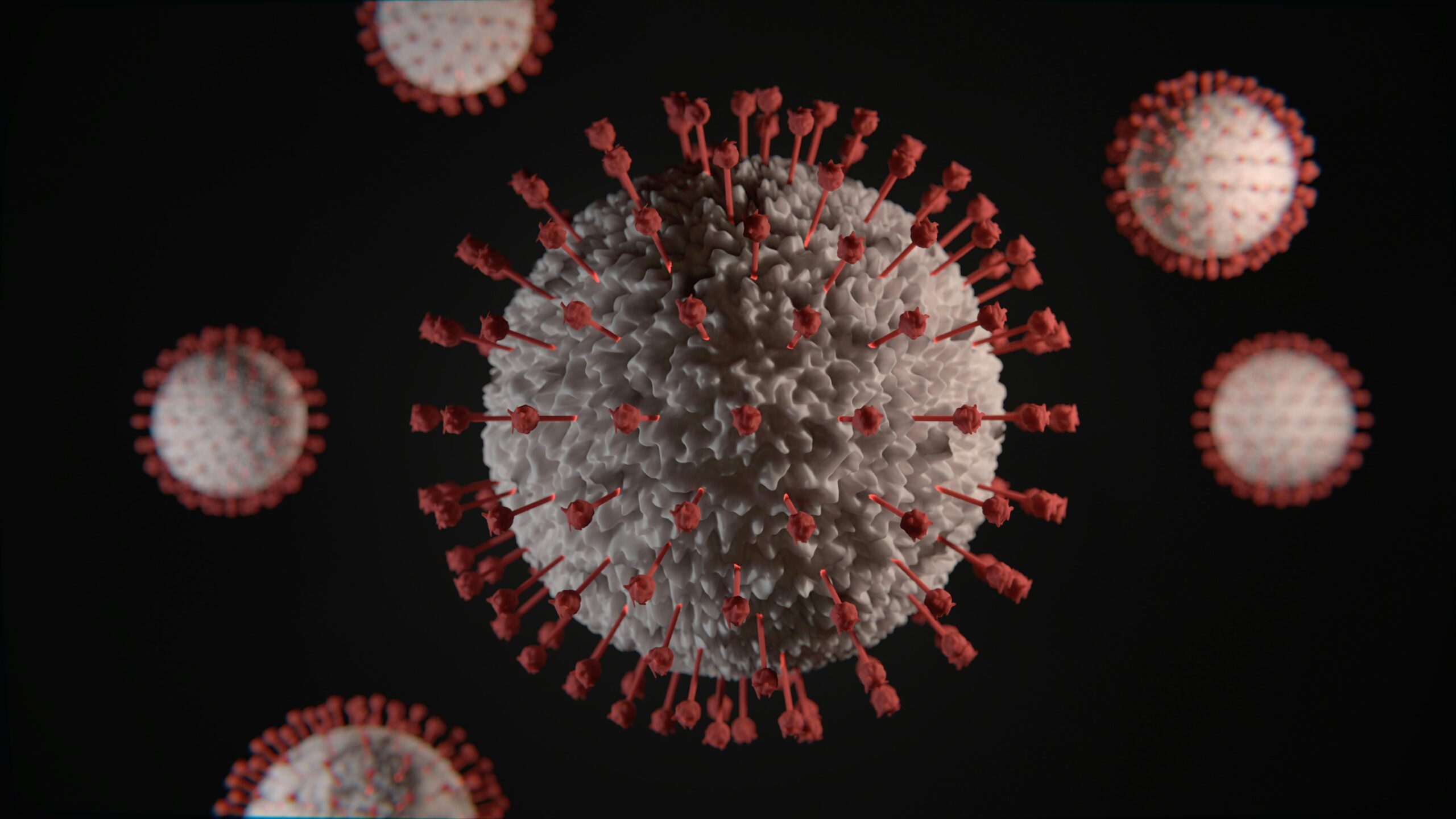Science Impartiality (2025)
Policies, Accountability, and Science-Society Interface
Section 02
Survey Overview and Demographics
General Overview
Study Date: 24.03.25–21.04.25
Geographic Coverage: United States
Expertise:
- 44.6% Biology
- 22.5% Public Health
- 11.4% Chemistry
- 10.7% Civil and Environmental Engineering
- 6.5% Geography
- 4.4% Computer and Information Science and Engineering
Response Overview
Sample Size: 1366
Valid Responses: 429
Response Rate: 31.8
Date initial findings posted: 07.22.25
Most recent update: 07.22.25
Days survey in field: 29
Average response time: 12.6 mins
Survey Demographics
Respondent Demographics:
- 40.6% Female
- 59.2% Male
- 100% Academic
- 0% Industry
Language(s): English
Section Overview
In this section, we asked scientists about their views on the adequacy of institutional policies for preventing research misconduct, the most effective actors in curbing misconduct, and scientists’ views on reporting misconduct. We also asked their opinions on the nature of science and ways to acquire scientific knowledge.
Question
Finding:
A majority of scientists report that their universities have sufficient policies to address misconduct issues related to research project management, such as failure to disclose conflicts of interest (62%), misappropriation of funds (62%), and misappropriation of property/theft (60%). It is noteworthy, however, that a quarter or more of the sample indicates not knowing whether or not sufficient policies are in place to prevent research misconduct at their university.
However, confidence declines for forms of misconduct involving data collection and interpretation. Less than 40% believe their universities have sufficient policies regarding data falsification (39%) and data fabrication (38%), and being listed as an author without having made an intellectual contribution (13%).
Question
Finding:
Scientists point to themselves as the most effective actors (83% “extremely” or “somewhat effective”) for curbing research misconduct. Nearly 70% said the same about universities and research institutions.
In contrast, politicians are seen as the least effective, with over 60% of respondents rating them as “extremely ineffective.” The media and the public also received generally low ratings, with more than 50% of respondents considering them “somewhat” and “extremely ineffective” in addressing research misconduct.
Question
Finding:
50% of respondents believe censorship of research topics is, “to a very great extent,” a major barrier to scientific integrity. Scientists also believe that loss of access to public data (41%), political interference in federal agencies (39%), and censorship of terminology (39%) are barriers to scientific integrity “to a very great extent.”
The dismissal of employees from marginalized groups is perceived by a smaller proportion of respondents as a substantial threat to scientific integrity. However, one-third (33%) of scientists still identify his as being a barrier to scientific integrity “to a very great extent”.
Finally, it is notable that majorities believe each of the seven recent Administration actions listed in the figure above are barriers to scientific integrity, either “to a great” or “to a very great extent.”
Question
Finding:
Over three-quarters (77%) of scientists believe that using AI tools for manuscript writing constitutes a breach of scientific integrity. More than half also believe that using AI tools for interpreting results (60%) or collecting data (50%) represents an integrity breach. In contrast, scientists consider using AI tools in earlier or more preparatory stages of research as less problematic. Only 22% viewed the use of AI in conceptualizing research questions as an integrity breach, and just 5% believed using AI for bibliographic searches constitutes a breach of integrity.
Scientists’ opinions about the evolution of scientific theories
Finding:
Scientists’ opinions were consistent on statements related to testing scientific theories. Most scientists strongly agree (80%) or somewhat agree (18%) that scientific theories are subject to ongoing testing and revision. Large majorities also strongly agree (70%) or somewhat agree (25%) that scientific theories may be replaced by new ones when new evidence emerges. Similarly, 90% of our sample either strongly (48%) or somewhat (42%) agreed that scientific theories may be changed as scientists reinterpret existing observations.
Scientists’ opinions about the role and influence of culture on science
Finding:
The majority of the scientists in our sample also recognize the role and influence of culture on scientific research. Seventy-one percent of respondents “somewhat” or “strongly agreed” that cultural values and expectations determine what science is conducted and accepted and 76% disagreed either “somewhat” or “strongly” with the idea that scientific research is NOT influenced by society and culture., In addition, a majority (72%) of respondents also “somewhat” or “strongly disagreed” with the statement that all cultures conduct scientific research the same way “because science is universal and independent of society and culture.”


